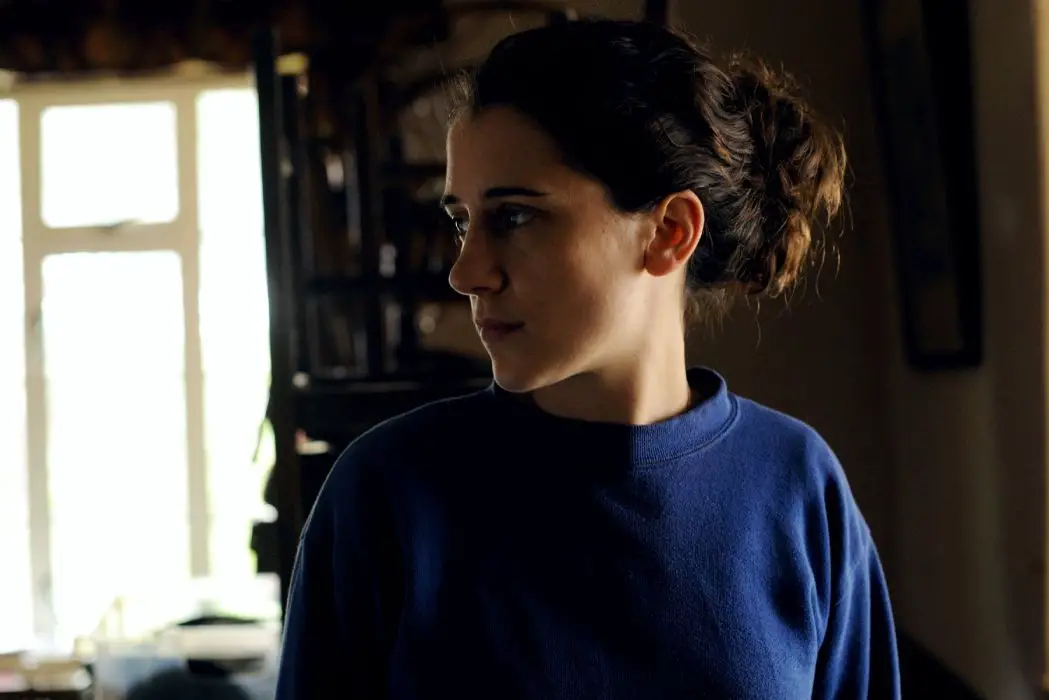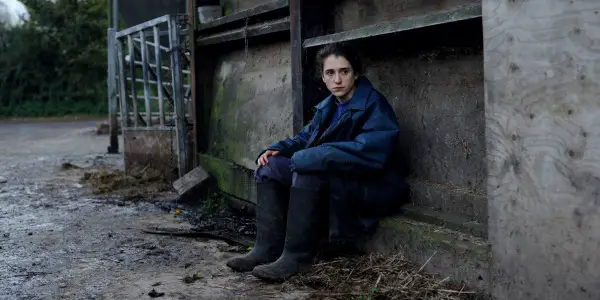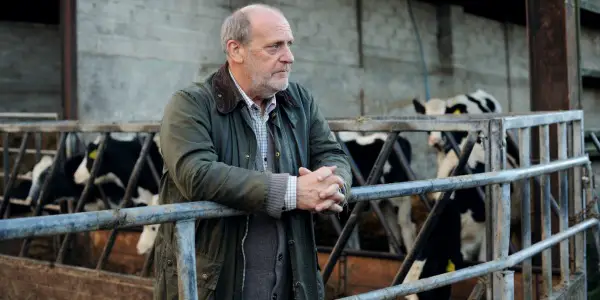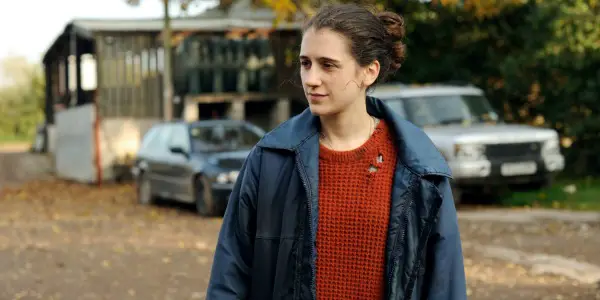THE LEVELLING: An Emotional Rollercoaster Of A Debut

Alistair is a 25 year old writer based in Cambridge.…
Whenever the British film industry is mentioned, it is always in relation to how fast it is dying. In 2011, the Conservative Government scrapped the UK Film Council, which helped give funds to independent films to get made and released, as it was (in the words of then-Prime Minister David Cameron) “not producing films the British public want to see, like Harry Potter”.
Last year, another blow was dealt to the British film industry in the form of the UK’s shock decision to leave the European Union, which in recent years has helped allocate funds to everything from Under the Skin to the Shaun the Sheep Movie. Even British directors such as Ben Wheatley believe that Britain doesn’t have a film industry to speak of, due to his difficulty to get financing for many of his projects and the limited commercial prospects (both at home and internationally) for British cinema.
A Hidden British Gem
So, why is it that instead of feeling like it’s on its dying breath, British cinema feels rejuvenated and more vital than ever? First time filmmakers are proving to be somewhat liberated by budget restraints, delivering intimate and immaculate, not least to say keenly observed and realised, films that are highly worthy of audience attention.
One of these filmmakers is Hope Dickson Leach, whose debut film The Levelling is a work of quiet wonder. It’s the sort of film that sneaks up on unassuming audiences and leaves them emotionally drained, remaining transfixed at the screen by the time the credits roll, equally moved and haunted by one of the most believable portrayals of a dysfunctional familial relationship in years.

After news of her brother’s death reaches her, Clover (Ellie Kendrick) immediately heads home to her family’s farm in Somerset, which has remained ruined by floods a few months prior. Upon arrival, she discovers that her brother committed suicide, which her father (David Troughton) shrugs off as a mere “accident” that didn’t suggest any underlying emotional trauma; if there are seven stages of grief, then he appears to be permanently stuck in the denial stage.
Clover refers to her dad by his first name, Aubrey, which all but highlights how emotionally disconnected she feels from him. She lambasts his cold and unknowing attitude towards his family (he repeatedly states his son couldn’t have been suicidal, as he’d just sold him the family farm), while he thinks that she’s ungrateful for only ever visiting when asked – especially after a non-appearance following devastating floods.
Climbs to the Level of Greatness
There is an unconscious disconnect in many other aspects of their characteristics; she’s a vegetarian with a veterinary degree, while he is a farmer who doesn’t think twice about shooting newborn animals if he thinks he’ll be unable to sell them. It would be hard to believe they could share a believable father and daughter dynamic, but due to the restraint in the performances from Kendrick and Troughton (always talking around, or entirely avoiding, certain subjects of conversation), there is no doubt that they share a troubled history – but the ways they’ve responded to it have caused further disconnect, instead of a tightened familial bond.

The screenplay has the ring of truth about it. Although the bare bones of the narrative could be transplanted on to any geographical setting and have the same cumulative emotional effect, the specific time and place of the drama (Somerset, in the wake of the 2014 floods) heightens the feeling of realism.
This setting takes on an ethereal presence of its own, helping Leach to avoid falling in to many social realist pitfalls. The expansive sound design and graceful nature sequences that punctuate the narrative ensure The Levelling always feels like a work of higher ambition than many within that genre, even if these elements are anchored on to a story that feels painfully real.
It is a perfect example of a setting feeling like it has been specially tailored for the story; the grey vistas of the farm take on a life of their own, quickly becoming a character in their own right. It may be something of a cliche to describe a narrative setting as a character equal to those in the foreground, yet there is no escaping it in The Levelling.
The landscapes are smothered in unrelenting shades of grey, feeling less like a representation of autumnal English weather than a manifestation of the grief shared by Aubrey and Clover – even if they never disclose being on the same page emotionally, the visuals envelop us in vistas that feel like accurate depictions of their current mental states.
Conclusion
The Levelling manages to leave a lasting impression, while maintaining a brief runtime that is a whisker over 80 minutes long. It’s so perfectly timed, in fact, that I was surprised to see it end so soon and not fall in to the common trap of unnecessarily elongating plot points. This brevity works in its favour; you can imagine another director making this in to a three hour-plus miserablist epic, whereas Leach sticks to her guns and perfectly tailors her story to the film’s running time.

Nothing feels unnecessary, every scene has an important piece of character development or important revelation, even if it is indirectly inferred due to what the characters refuse to discuss with each other. The Levelling may never present a direct emotional bluntness, yet the mournful distress visibly present in every frame hit me over the head like a sledgehammer.
Although The Levelling is a familiar story of grief, it is told with an emotional incisiveness by a brand new talent that helps make it feel fresh, as well as helping remind audiences that British cinema is still alive and well.
Who are the best up and coming British filmmakers?
The Levelling is currently on limited release in the UK, and was released in the US in March. All international release dates are here.
Does content like this matter to you?
Become a Member and support film journalism. Unlock access to all of Film Inquiry`s great articles. Join a community of like-minded readers who are passionate about cinema - get access to our private members Network, give back to independent filmmakers, and more.
Alistair is a 25 year old writer based in Cambridge. He has been writing about film since the start of 2014, and in addition to Film Inquiry, regularly contributes to Gay Essential and The Digital Fix, with additional bylines in Film Stories, the BFI and Vague Visages. Because of his work for Film Inquiry, he is a recognised member of GALECA, the Gay & Lesbian Entertainment Critics' Association.













